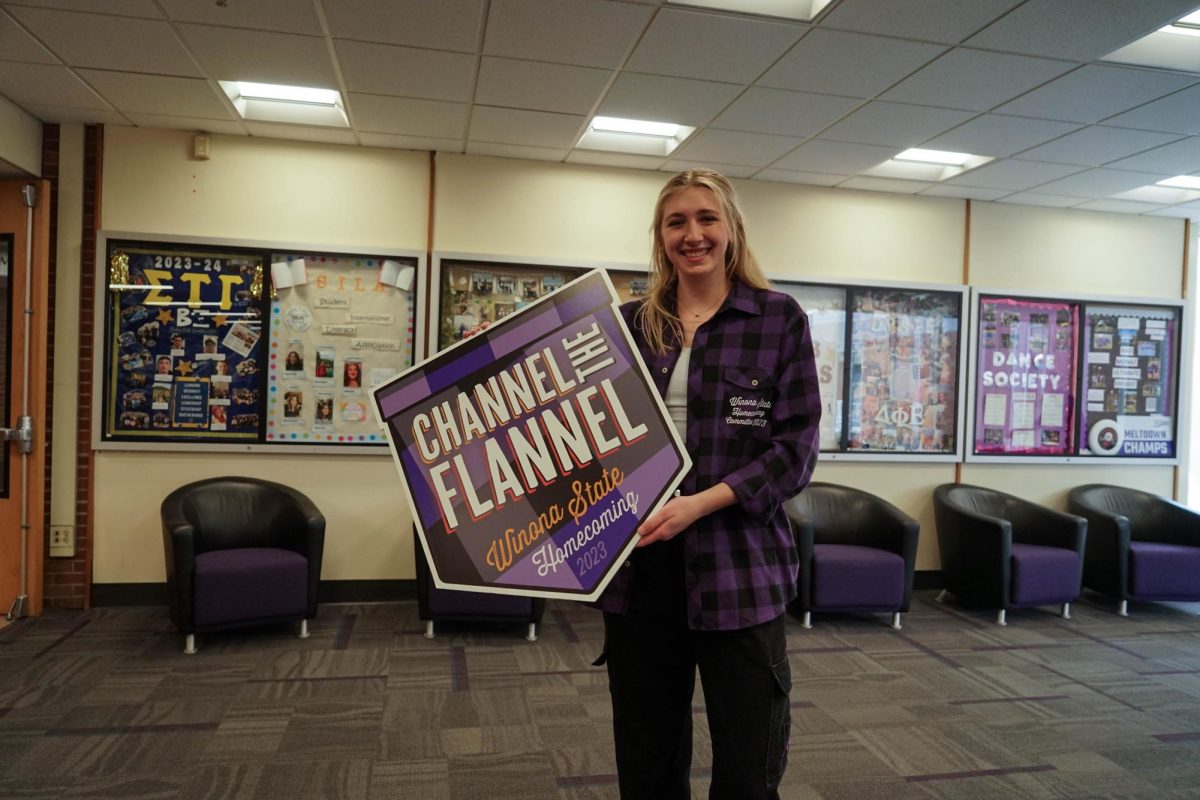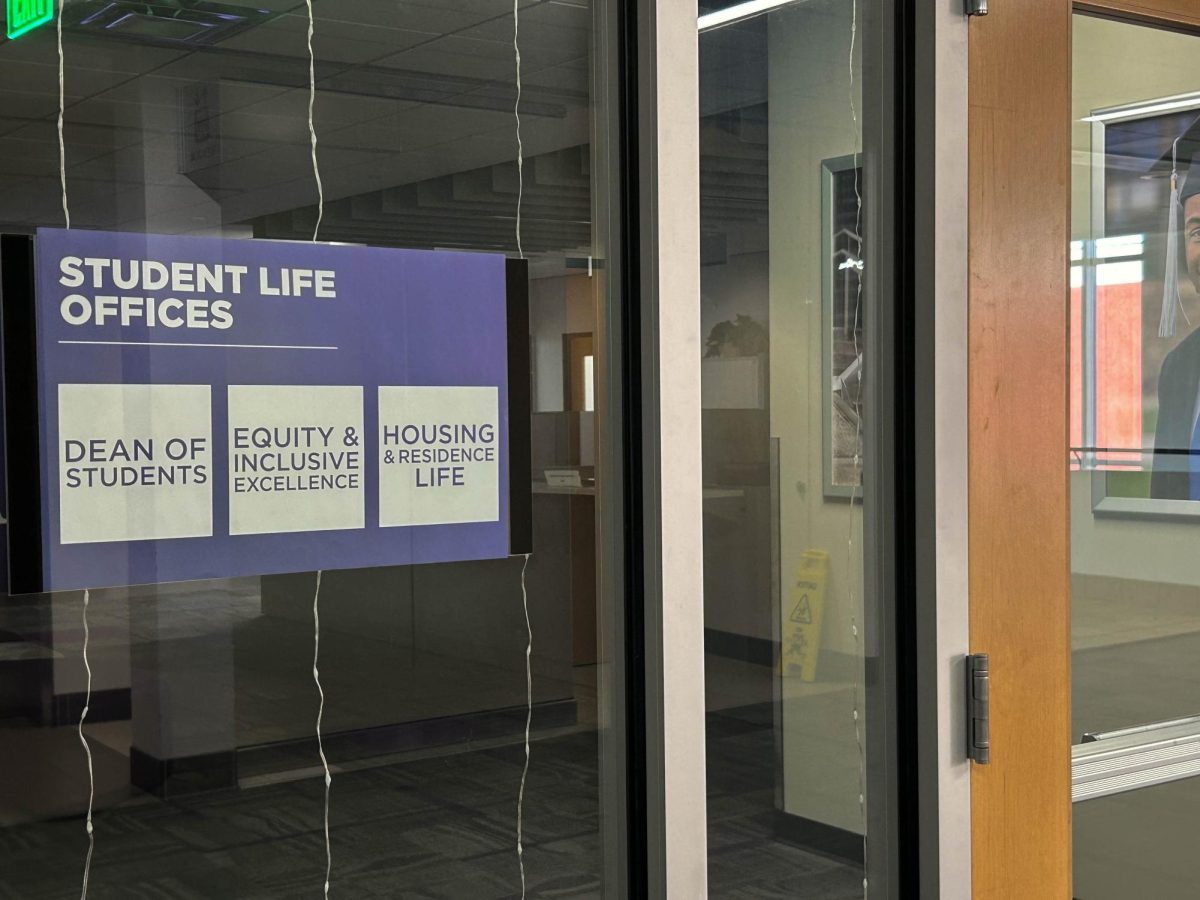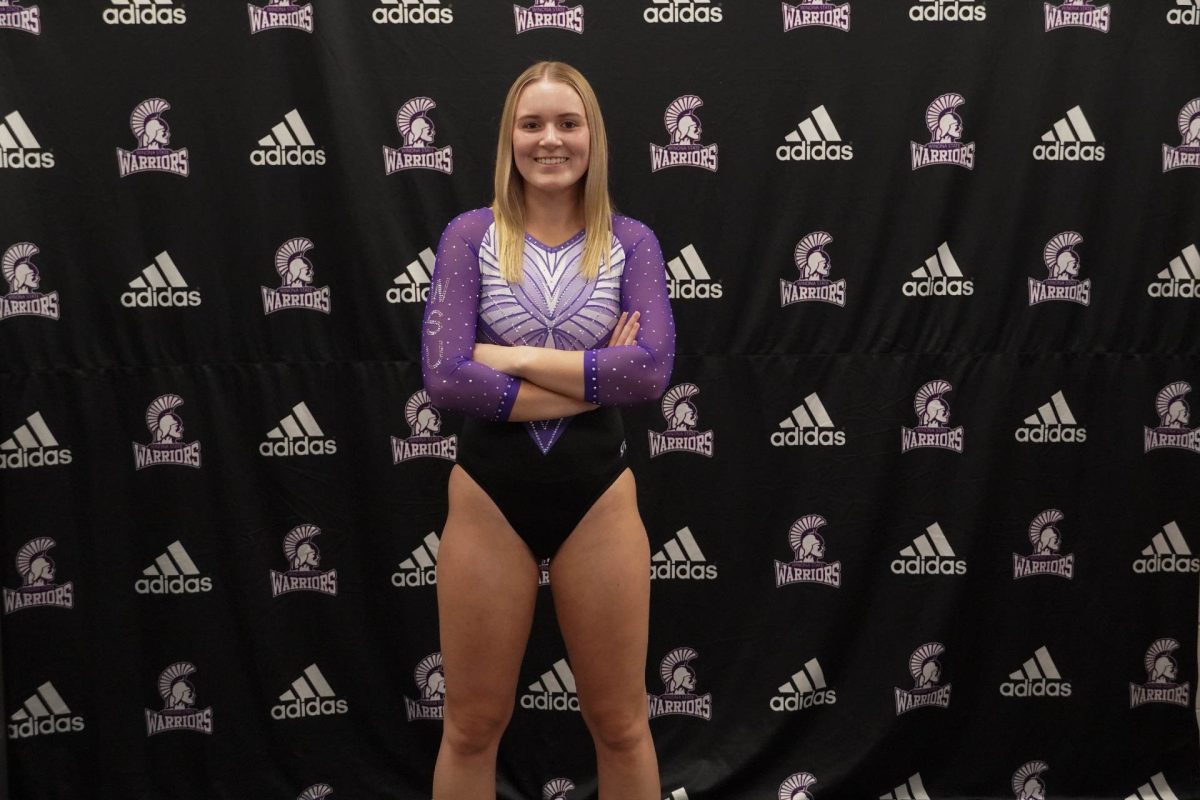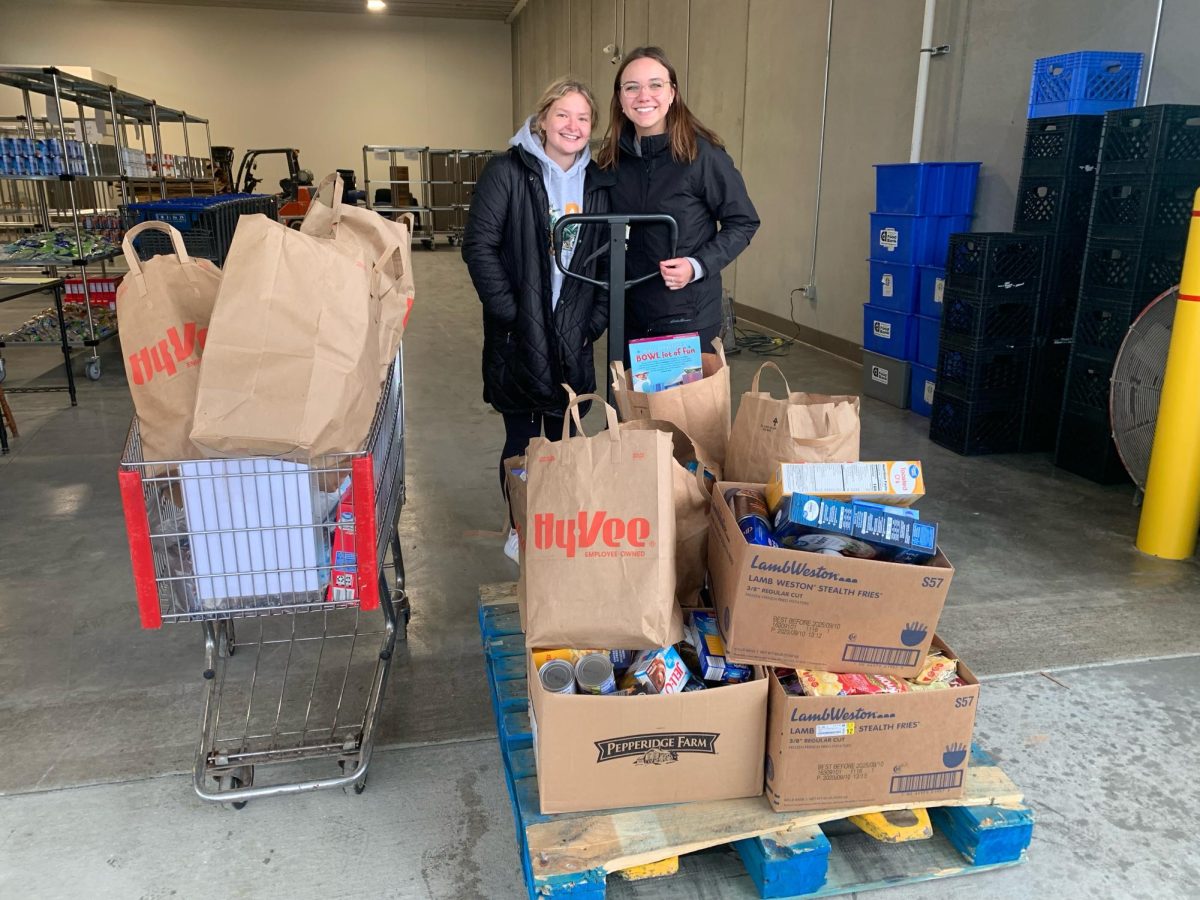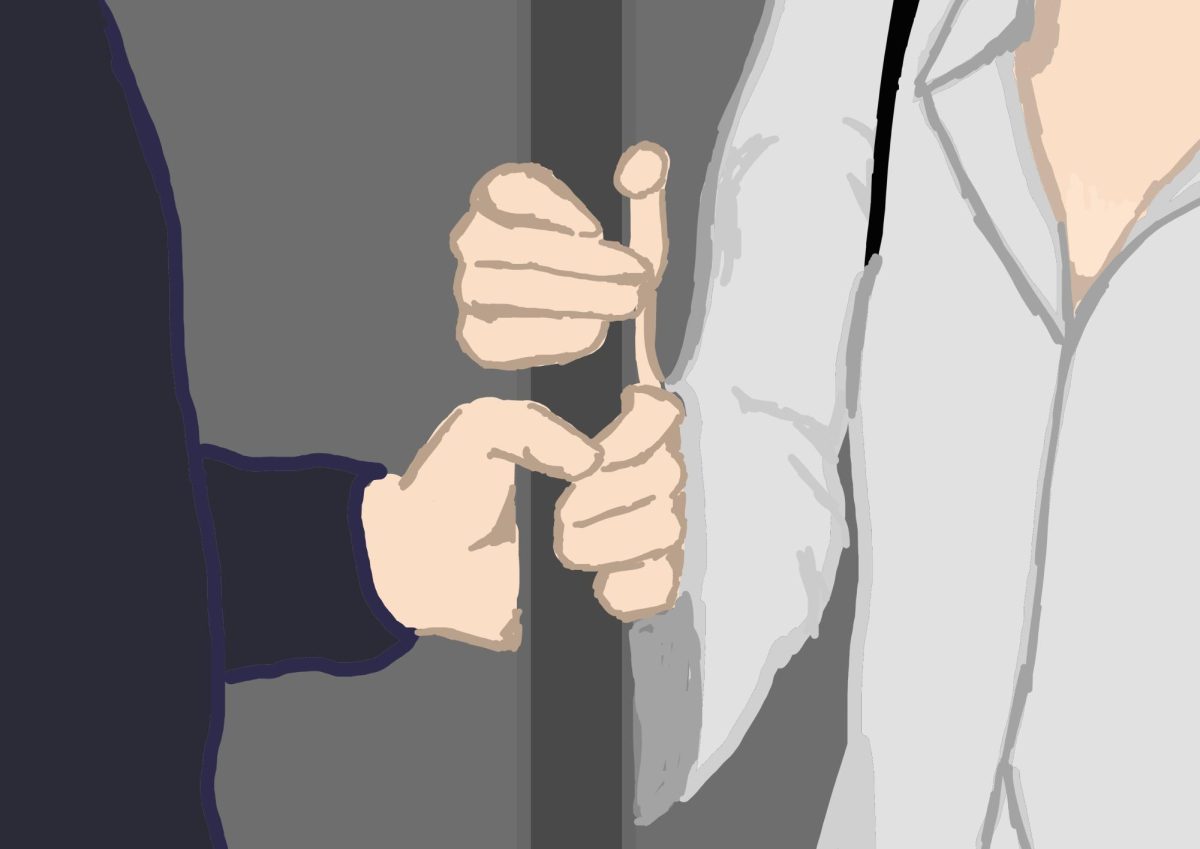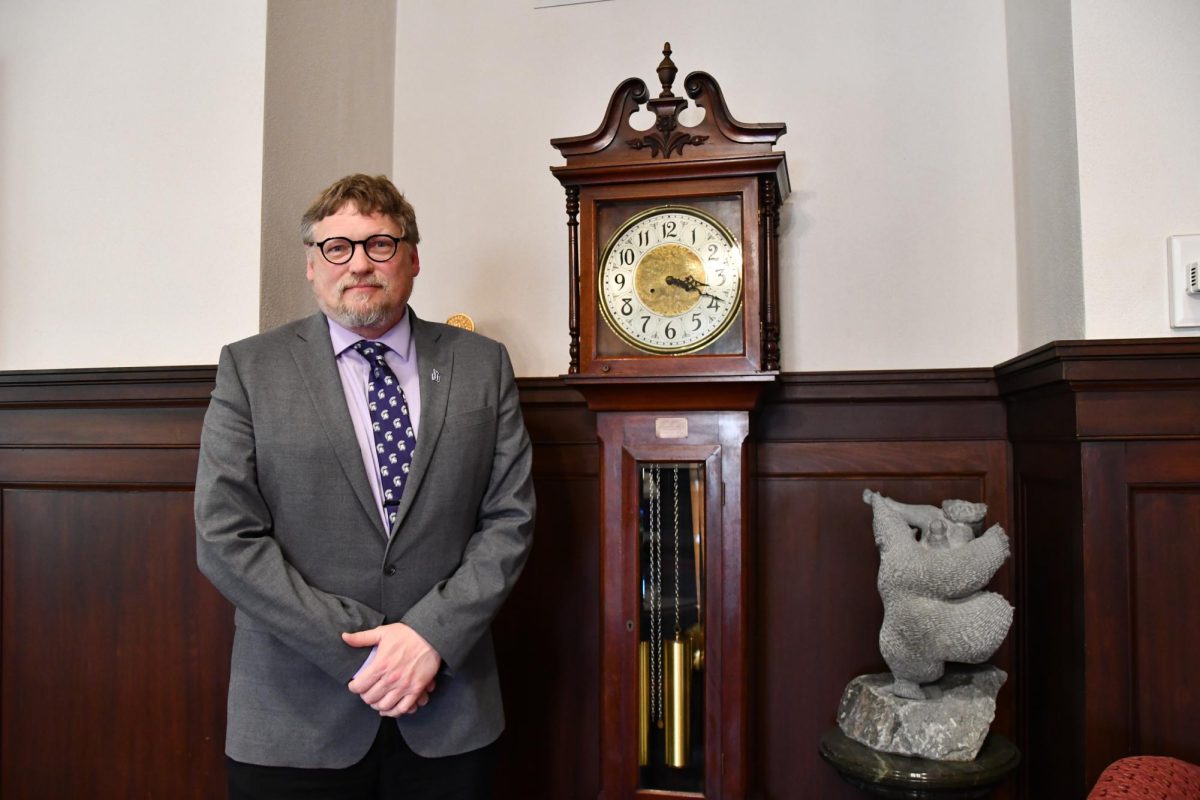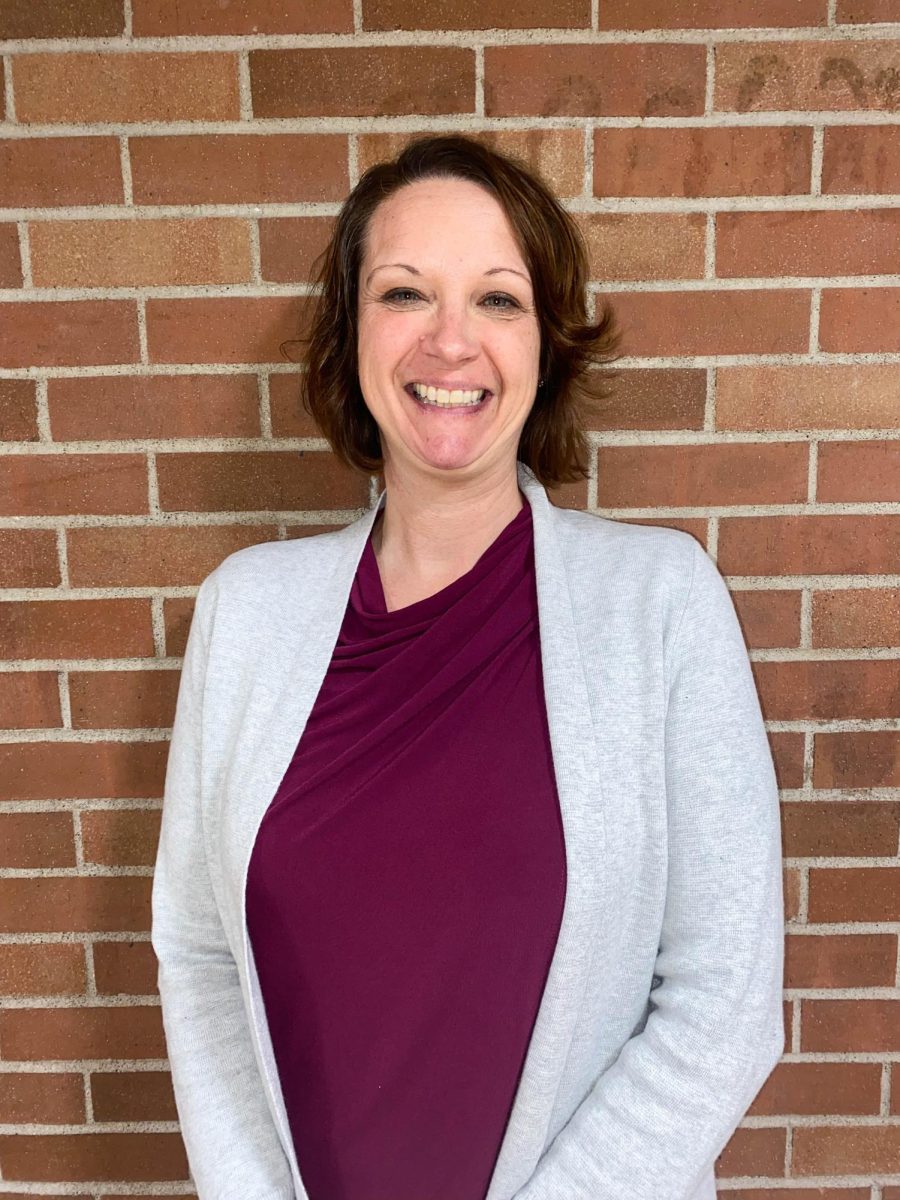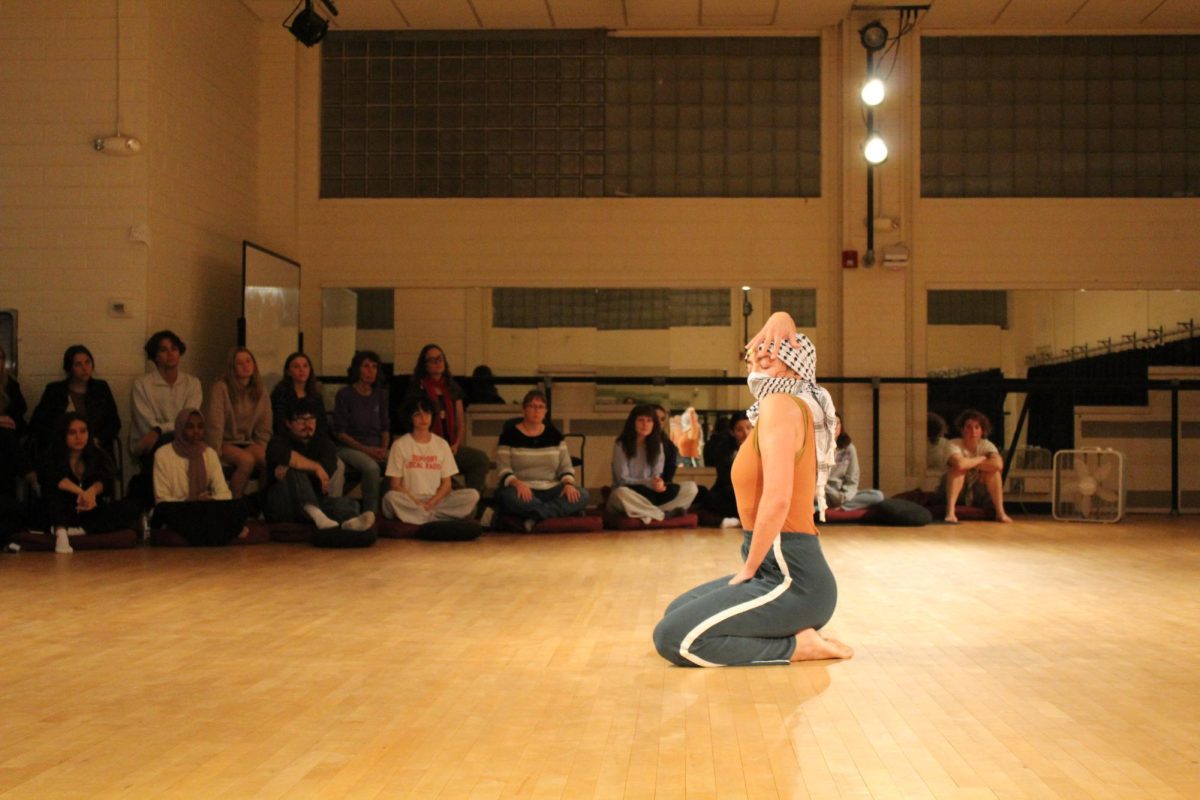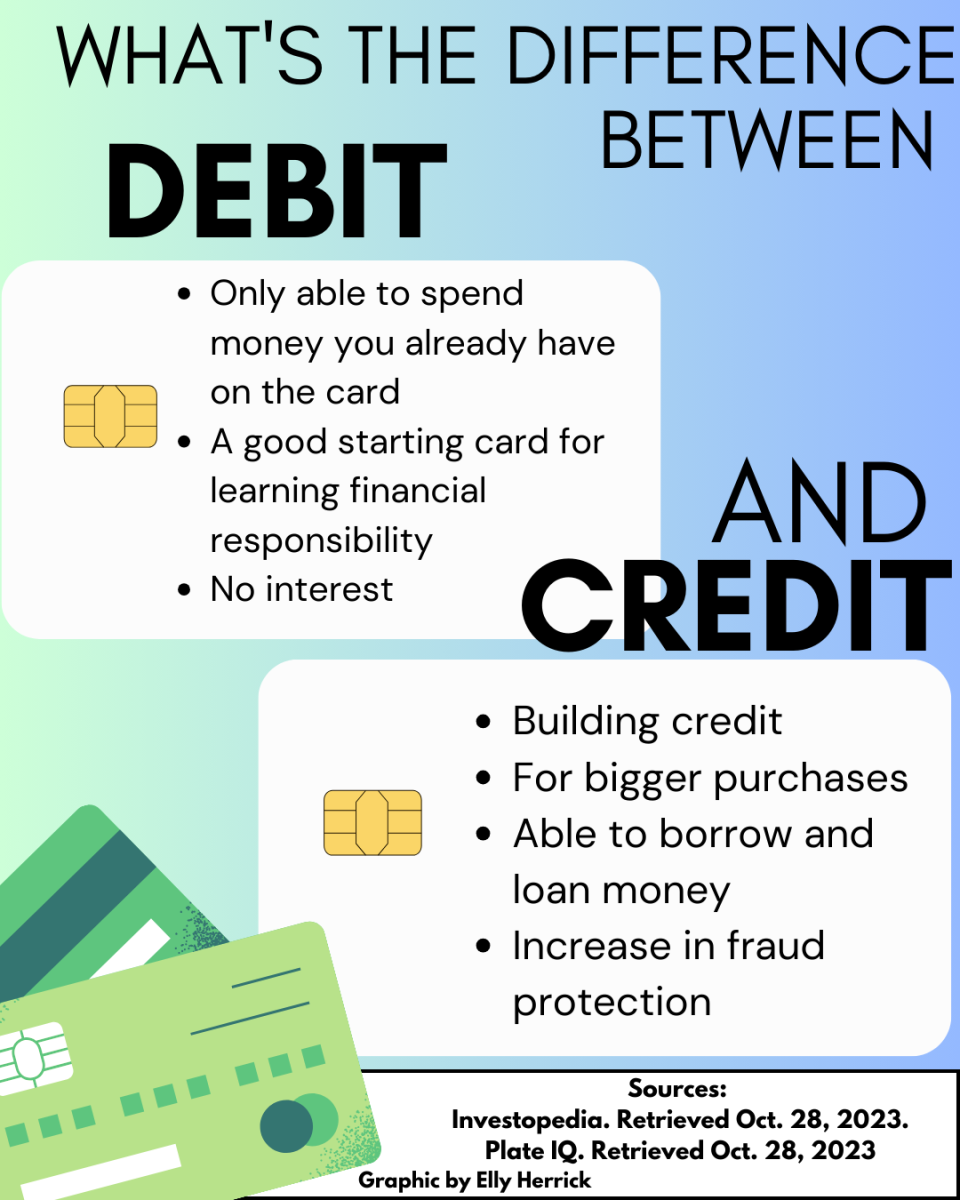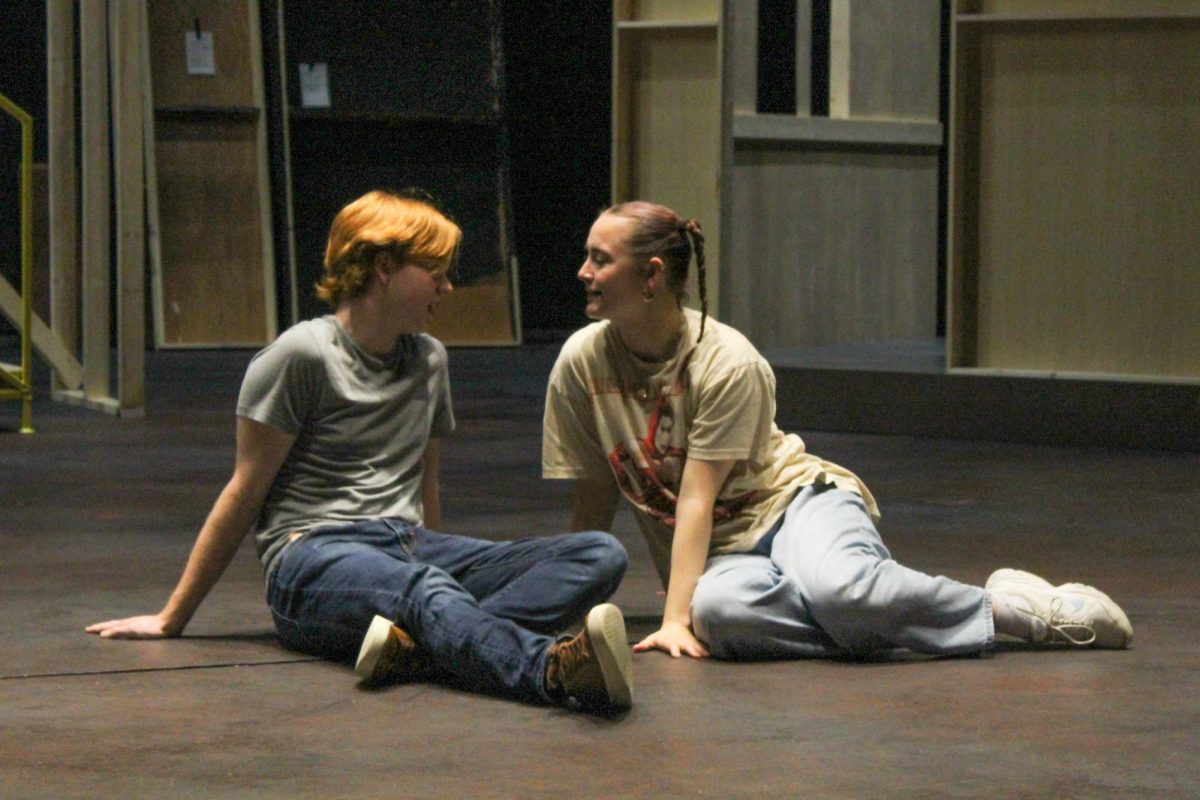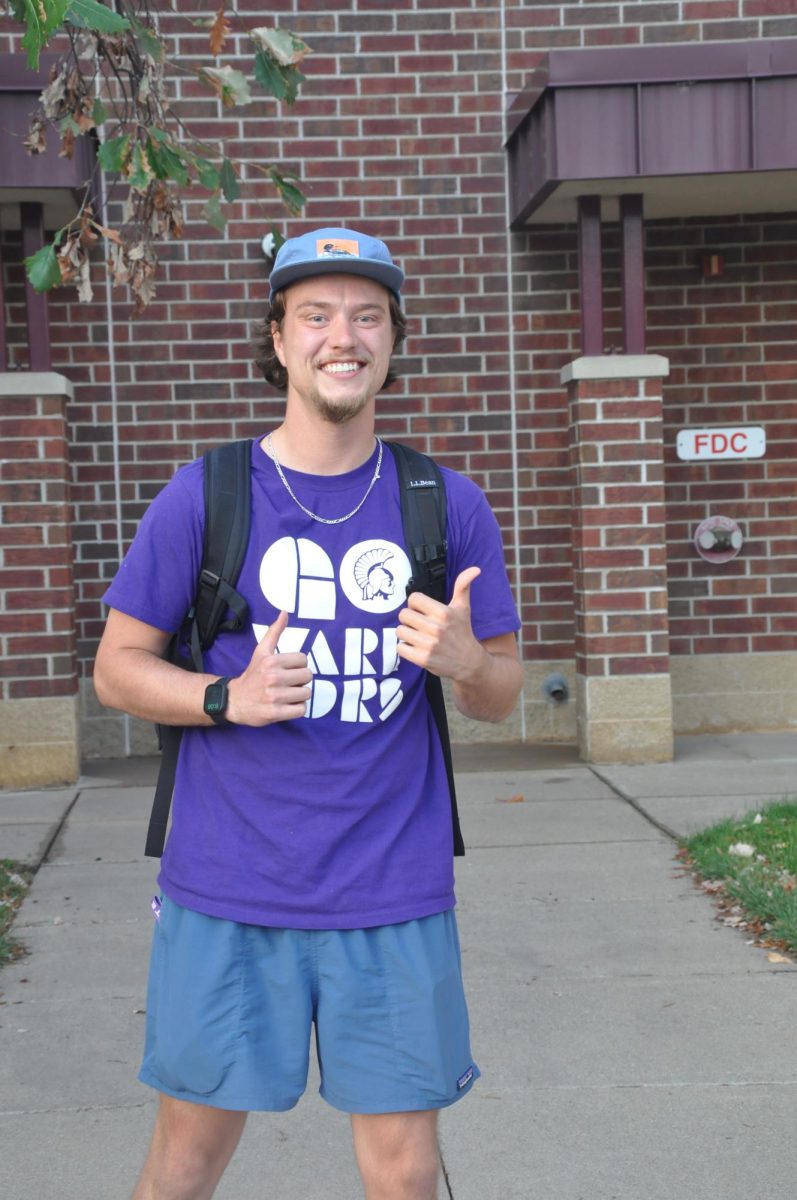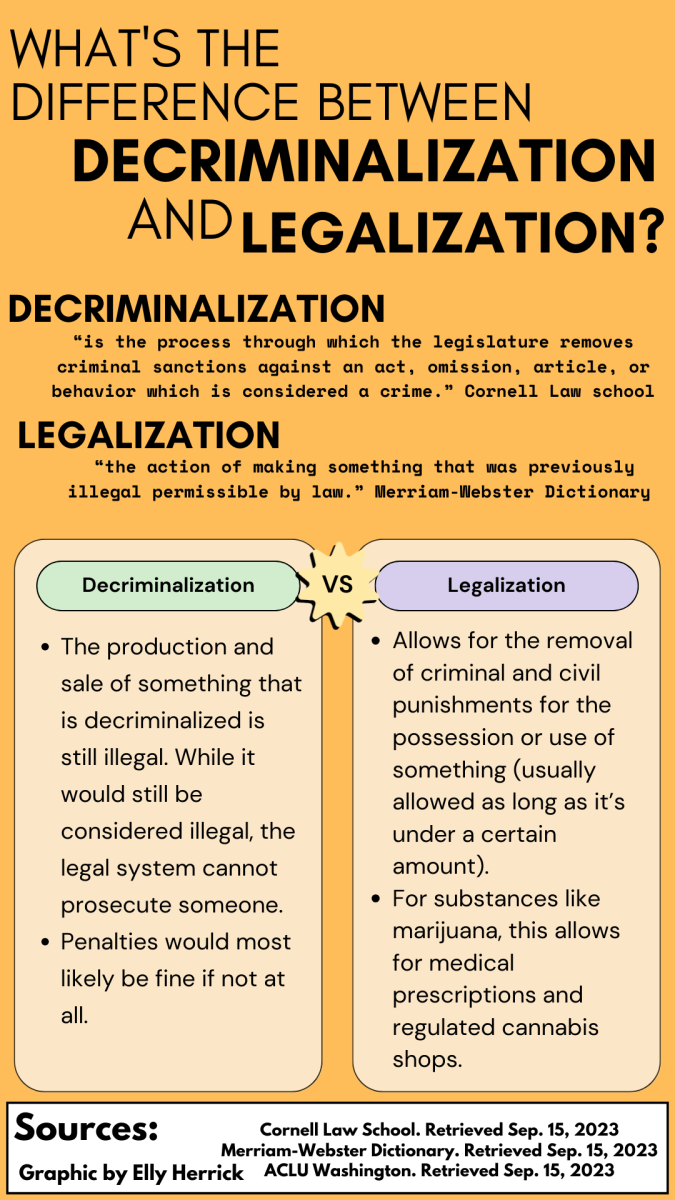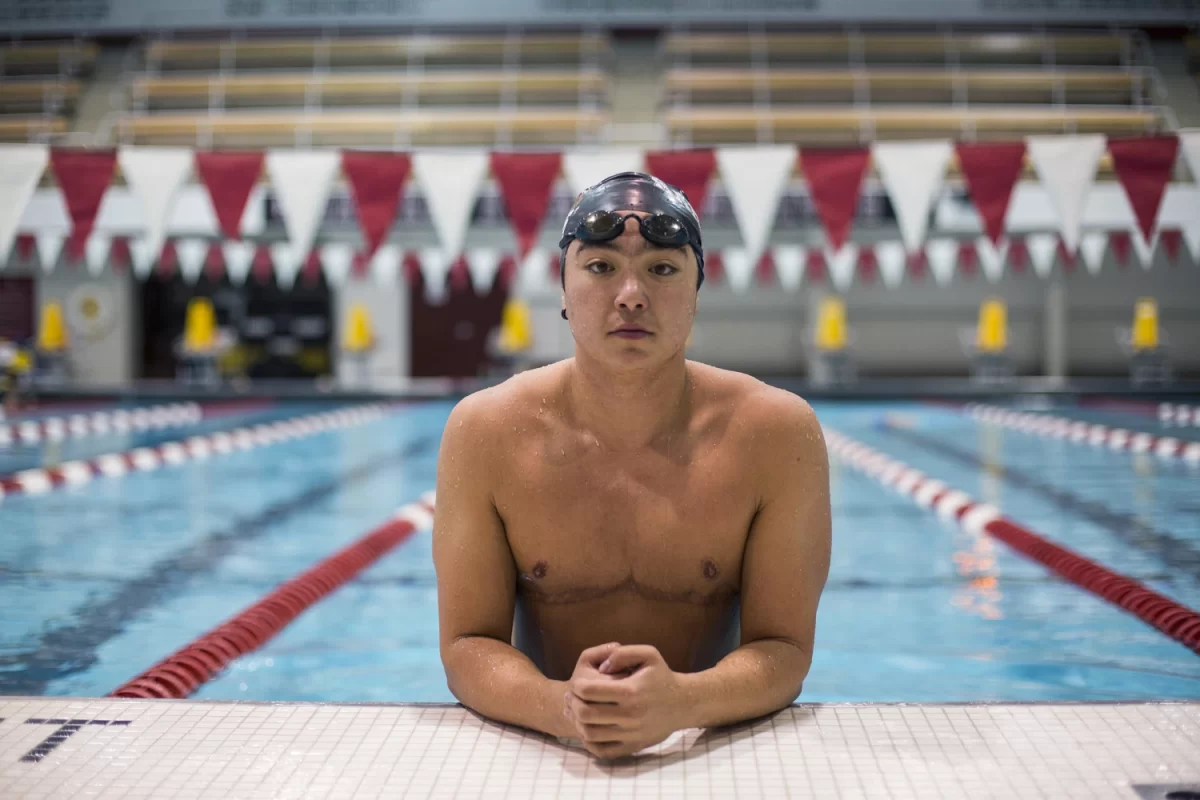Marcie Ratliff/Winonan
Winona State University has a long way to go where diversity is concerned, concluded participants at an all-university diversity summit Oct. 16.
“This is the first step in taking a serious look at these topics,” Connie Gores, vice president for student life and development, said. “This is not the last.”
Over 200 students, faculty and staff from the university’s Rochester and Winona campuses took the first half of University Improvement Day to attend the summit. The day included included several presentations, a student panel, and a table discussion time facilitated by faculty, staff and student facilitators.
Kam Jamshidi, professor of communication studies, was curious about how the summit would define diversity and discuss its presence in the classroom. He said, “I have a lot of questions about how we can succeed at incorporating diversity into our educational system and curriculum.”
Gores invited participants to think outside the box. “This event was planned to give us a chance to listen and learn, to challenge ourselves to think about a very important topic,” she said.
Winona State President Scott Olson shared his thoughts with the Summit via remote feed from the Minnesota State Colleges and Universities headquarters in Saint Paul. He listed three reasons why diversity is important for Winona State.
“We’re a university, a marketplace of ideas. It’s supposed to be a place where all ideas are welcome,” he said, expanding on what he termed intellectual reasons for diversity.
Economic concerns factor into diversity as well, Olson said. “What will Minnesota look like in the next ten, twenty, thirty years? Winona State must respond.” He said business and industry lead academia in diversity, and business leaders expect universities to meet them.
Access and opportunity were founding principles of Winona State long ago, and Olson drew on this history to emphasize his moral reason. “It’s the right thing to do,” he said.
Barbara Oertel, director of the Warrior Success Center, presented more statistics on diversity at Winona State University compiled by outside research organizations.
She presented information from The Education Trust, a national agency that is conducting a special initiative looking at what it terms “Access to Success.”
As a result of the Education Trust study, Winona State administrators determined the high-concern area of underrepresented minority freshmen, Oertel said.
Another source of outside information Oertel presented was the National Survey of Student Engagement.
This survey showed that Winona State is behind in markers of diversity, including diversity within the classroom and campus environment. “Basically, we’re not good enough,” Oertel said.
Most sobering was the statistic that 22 percent of freshmen reported that they had considered leaving the institution due to feeling isolated or unwelcome. Perhaps these statistics reflect Winona State’s apparent lack of seriousness in addressing issues of diversity. “It’s conjecture, but it’s a disturbing statistic,” Oertel said.
A student panel gave summit participants faces and names to accentuate the sobering statistics.
“As a black male I have to be on my best behavior. People have these preconceived notions of who I am,” Jerad Green, a social work major, said.
Garret Bowling, a student, spent his first two years at Winona State in the residence halls. He said, “The discrimination I received was extreme, and not only extreme but hurtful.”
One student wrote something inappropriate on the wall by Bowling’s door, and he had to scrub it off.
“It was just ridiculous. I felt so hurt that someone would make such a permanent label on me,” Bowling said.
Panelists also mentioned that they had been singled out or felt uncomfortable in class or other interactions with faculty.
Four out of the five student panelists had considered leaving Winona State because of feeling isolated or unwelcome.
Panelist Kaylee Jakubowski said, “I had bright hopes that people get it here. But few people really get it.”
Based on the ideas and insights raised in the subsequent table discussions—which focused on concrete steps—changes will be made, Gores said.
A task force will compile the suggestions, evaluate them and then make recommendations to the president’s cabinet.
“You will help us determine what to do next,” Gores told the participants, stressing the communal nature of responsibility for diversity.
Contact Marcie at [email protected]




